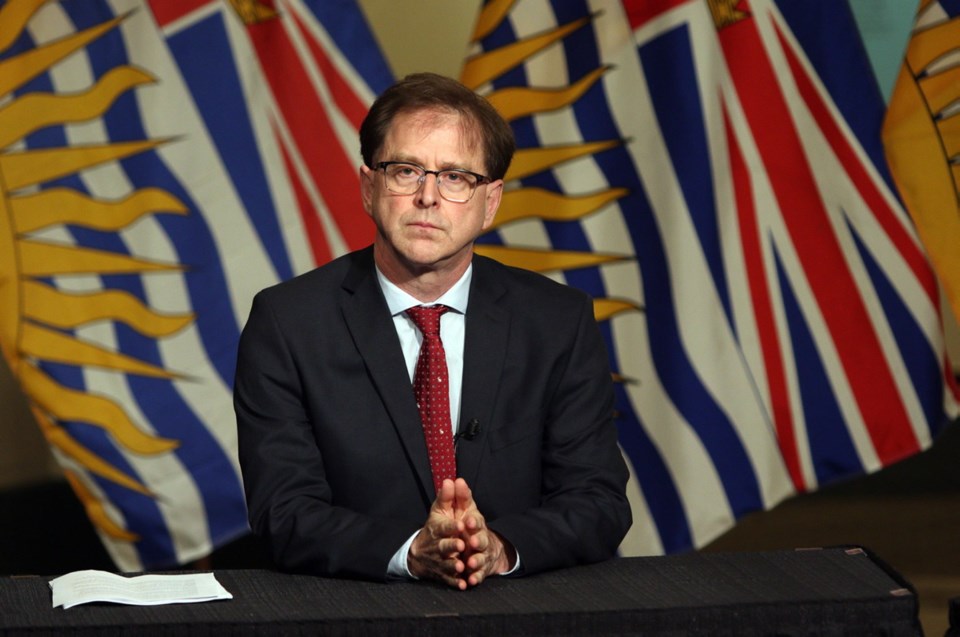B.C.’s Health Ministry is under fire for its plans to reinstate a 90-day waiting period for medical coverage and to cut off some temporary foreign workers as of Saturday.
Advocacy groups say the “arbitrary” deadlines make no sense with COVID-19 cases on the rise, and they warn that already vulnerable people will pay the price.
“We’re in the middle of a pandemic; we should be expanding coverage, not reducing it,” said Omar Chu, a member of the Sanctuary Health collective that advocates services for everyone, regardless of their immigration status.
After the pandemic hit, the province granted Medical Services Plan coverage to temporary foreign workers with permits of less than six months who would otherwise have been ineligible. The temporary coverage expires today.
The government also waived the three-month period that new or returning residents have to wait for MSP coverage after arriving in the province.
Sanctuary Health said reinstating the wait period will unfairly target babies born to parents without MSP coverage, people arriving back in Canada in emergency situations, or those who become eligible for MSP due to successful immigration applications.
“I knew that the government considered these things temporary, but I assumed that they would maintain it throughout the pandemic, because the reasons why they were brought in haven’t changed,” Chu said.
Health Minister Adrian Dix defended the moves, saying there was “very, very little uptake” on the coverage for workers with permits of less than six months.
As for bringing back the wait period, he said it’s necessary to ensure that the public health care system can provide services for British Columbians. “We have a 90-day rule which means people cannot just come here and on the first day get health care, and get that health care at the cost of everyone in B.C.,” he said.
The rule was waived at the “height of the pandemic,” but will be put in place again as of Aug. 1, Dix said. “It’s fundamental to the way that we run our public health care system in B.C.”
The Health Ministry did respond to one of the main complaints from advocates by extending temporary coverage to Oct. 31 for people with expired student or temporary work permits.
In those cases, if people are living in B.C., were previously enrolled in MSP and have applied for a new permit, they can contact Health Insurance B.C. to request temporary coverage.
But the B.C. Health Coalition expressed overall disappointment with the province’s decision to roll back the other measures.
“It’s indicative of a provincial government that does not understand the barriers migrant communities are facing in regards to health care access,” said Ayendri Riddell, a coalition campaigner.
“The three-month wait is an arbitrary policy that only exists in B.C. and Quebec and is in no way fundamental to health care provision in B.C.”
Shira Goldenberg, an assistant professor in the health sciences faculty at Simon Fraser University, said there are significant consequences when people have to wait for coverage.
“You could have somebody with a condition that needs immediate treatment or is pregnant or a variety of experiences,” she said. “It’s been linked to a lot of problems around people not accessing health care and then having worse outcomes as a result, including obstetric complications and issues around infant health. It can be very serious.”
Goldenberg said more research is needed to determine the number of people that will be affected by the changes.
“But I will say that it’s more people than we think,” she said. “It’s our neighbours, our friends, it’s our coffee shop barista, it’s a student in our class. It could be a child in the school. So these impacts are really far-reaching and serious.”



